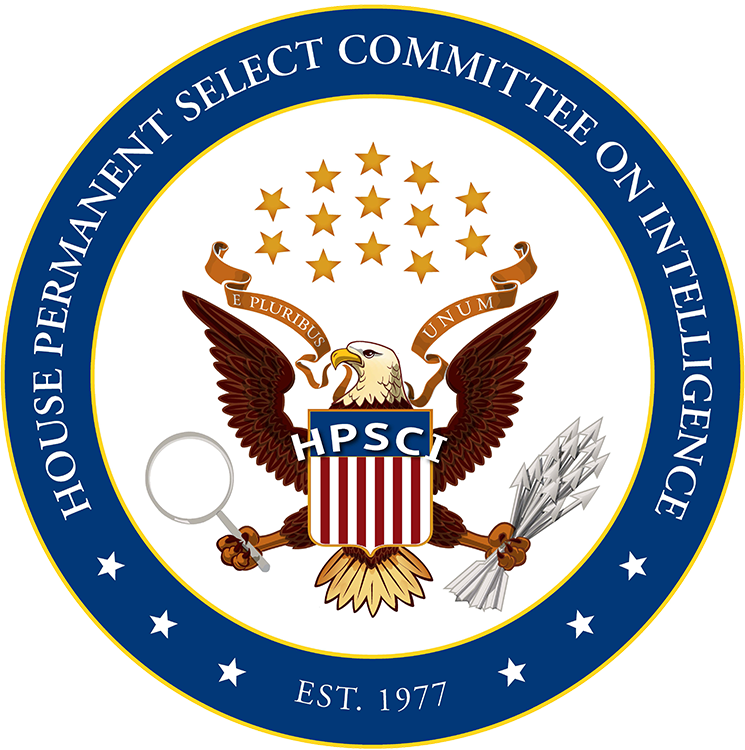Today, the House Permanent Select Committee on Intelligence passed the FISA Reform and Reauthorization Act of 2023 by voice vote.
“The Intelligence Community relies every single day on information collected through FISA Section 702 to keep us safe and inform policymakers. Any lapse could result in a catastrophic national security failure for which Congress would be responsible,” said Chairman Mike Turner and Ranking Member Jim Himes. “At the same time, we must address the unacceptable compliance failures within the FBI and redouble our efforts to secure our civil liberties to ensure these authorities are used as Congress intended. For nearly a year, our Committee has engaged in extensive conversations with Members of Congress, advocates for reform, and the Intelligence Community to ensure that any renewal of this program will protect the privacy rights and civil liberties of Americans while preserving the powers we need to keep our nation safe from very real threats.
“We are proud to put forward this comprehensive, bipartisan legislation to reduce future abuses, increase accountability for non-compliance, and modernize the 702 program to most effectively meet our current intelligence needs. If enacted, this legislation would be the most extensive and transformative reforms to the FBI and FISA since the statute was first enacted.”
Background:
The legislation reauthorizes FISA Title VII for eight years and institutes tough, targeted reforms to Section 702, as well as reforms to Title I “traditional” FISA. Most notably, the FISA Reform and Reauthorization Act of 2023:
- Ensures that Section 702 is only used for foreign intelligence by prohibiting the FBI from conducting “evidence of a crime only” queries of Section 702 information.
- Reduces the number of FBI personnel authorized to approve U.S. person queries by over 90 percent.
- Mandates additional approvals for certain “sensitive” U.S. person queries, like queries of U.S. elected officials, political candidates, executive branch appointees, and members of the media.
- Requires independent audits of 100 percent of FBI’s U.S. person queries.
- Prohibits the FBI and other agencies from conducting a query to suppress an American’s views or opinions or to harm an American based on their race, ethnicity, or religion.
- Mandates that the FBI Director annually publish detailed information about the number and type of FBI U.S. person queries, including queries conducted to defend that American from a threat, and requires the DOJ Inspector General to prepare a comprehensive report regarding the FBI’s querying compliance.
The bill enhances accountability for FBI and other government officials who fail to comply with the laws and rules governing FISA. For example, the bill:
- Holds FBI executive leaders accountable for FISA non-compliance, including by withholding promotions or compensation.
- Ensures accountability for FBI employees who conduct noncompliant U.S. person queries, including zero tolerance for willful misconduct and escalating consequences for unintentional non-compliance.
- Creates new specific criminal liability and administrative penalties and increases existing penalties for government officials who engage in a range of intentional misconduct related to FISA, such as leaking FISA-derived information or making a false declaration before the Foreign Intelligence Surveillance Court.
The bill makes critical reforms to strengthen the fairness, independence, and transparency of proceedings before the Foreign Intelligence Surveillance Court (FISC). The bill:
- Requires the FISC to appoint an attorney to scrutinize a FISA application to surveil a U.S. person and advise on the sufficiency of the government’s evidence and any deficiencies.
- Prohibits the government from using uncorroborated opposition research or anonymized media reports in a FISA application.
- Requires the FISC to appoint amicus curiae (“friend of the court”) in the annual Section 702 reauthorization process to ensure Americans’ privacy and civil liberties are protected.
The bill modernizes FISA to keep pace with the evolving threat landscape. The bill:
- Enhances the government’s ability to use Section 702 to collect information on foreign nationals located abroad who are involved in the production and distribution of illicit drugs, especially fentanyl.
- Permits, within the framework approved by the FISC, the use of Section 702 information in the vetting of foreign nationals seeking to travel to the United States to ensure they do not pose a terrorism or other national security threat.
Click HERE to watch Chairman Turner’s opening remarks.
Click HERE to watch Ranking Member Himes’ opening remarks.
